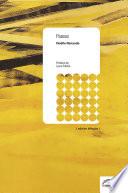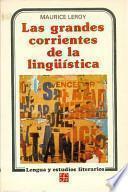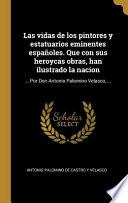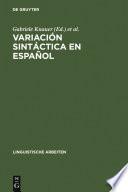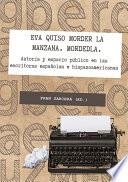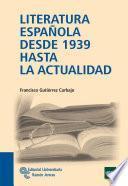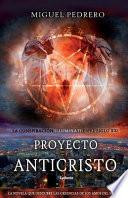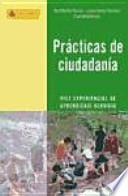Arte Contemporáneo de Cuba
Resumen del Libro
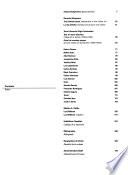
The poetic birth of Cuba, and of the character of its culture, might be found in a phrase placed in the mouth of an aborigine of the island and included in a book by the Cuban writers Cintio Vitier and Fina Garcia Marruz, who traced and assembled such outbursts of inadvertent poetry. As is well known, the Spaniards arrived in America by way of the Antilles, which have always formed a sort of aquatic frontier of the continent. In addition to a thirst for gold, the peculiar geography of the area awakened another obsession in Christopher Columbus and his followers that was to last for years: to know if the landscape they were seeing was an island or terra firma. Cuba's elongated shape and its relatively considerable size tended to disorient them. An obscure historian of the nineteenth century, the priest of the Cuban village of Los Palacios, tells us that when Columbus asked the natives of Cuba if the place was island or continent, they answered him that it was "an infinite land of which no one had ever seen the end, although it was an island". Cuba was thus born for the West as quandary, aporia, bluff. In addition, it was to impose the mystery of its aboriginal name over the almost kitschy name Juana, given by the Europeans. The paradox of an infinite island remains as an image of the hyperbolical destiny of Cuba, always out of proportion in comparison to its material bases. Perhaps it is als worthwhile to stress that peculiar and fluid juncture between an insularity that always looks within ("the cursed circumstance of water everywhere", as another writer said) and an opening toward the universal characteristic of Cuban art and culture.
Ficha del Libro
Total de páginas 175
Autor:
- Gerardo Mosquera
- Tonel
Categoría:
Formatos Disponibles:
PDF, EPUB, MOBI
Descargar Libro
Valoración
4.1
69 Valoraciones Totales
